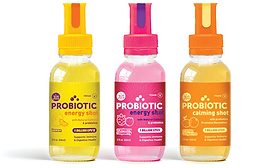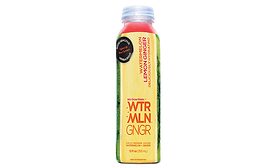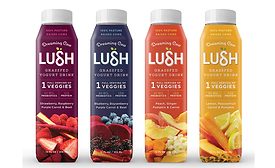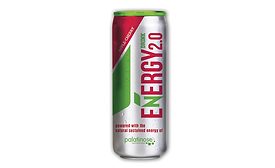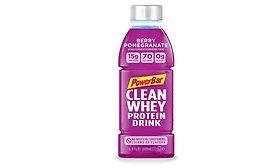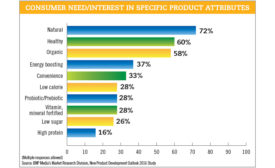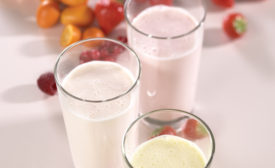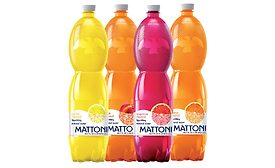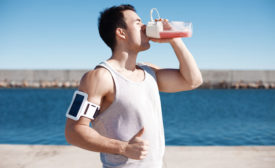R&D Features
Consumers looking for convenient immune health maintenance
Read More
Millennials, clean labels impact beverage flavor selection
Non-GMO, organic flavors in demand for beverage-makers
June 16, 2017
Demand increases for probiotic drinks
Probiotics expand beyond yogurt-based drinks
May 10, 2017
Sustained energy in demand for beverage formulations
Clean label also fueling use of natural energy sources
April 14, 2017
Sugar aversion, regulations benefit use stevia, erythritol and monk fruit in beverages
Suppliers innovate with stevia to fill sweetness gap
March 6, 2017
Science-backed cognitive ingredients in demand for beverages
Consumers demand products that offer mental clarity, focus
February 15, 2017
New Product Development Outlook for beverages
Natural the top attribute for new beverage launches
January 11, 2017
Vitamins and minerals enhance beverage brands
Masking solutions used to overcome taste and stability issues
December 16, 2016
Despite formulation, cost challenges, natural colors on the rise
Artificial colors still utilized in beverage formulations
November 10, 2016
Performance beverages show strong sales growth
Natural, clean-label ingredients drive beverage market
October 10, 2016
Elevate your expertise in the beverage marketplace with unparalleled insights and connections.
Join thousands of beverage professionals today. Shouldn’t you know what they know?
JOIN NOW!Copyright ©2024. All Rights Reserved BNP Media.
Design, CMS, Hosting & Web Development :: ePublishing
